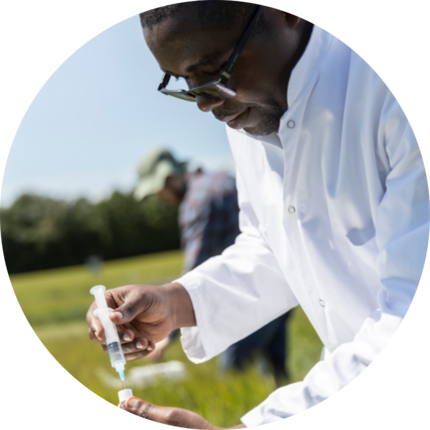
- Morten Ambye Jensen, Center Leader at CBIO
- Morten Ambye Jensen, Center Leader at CBIO
The Centre for Circular Bioeconomy, CBIO, is a dynamic interdisciplinary research and innovation centre. As a thriving network organisation, we bring together academic and entrepreneurial minds to carry out world-class research and development within biobased and circular bioeconomic production systems.
Going from a fossil-based economy to a circular and biobased economy holds significant societal and industrial potentials, but it also requires a lot. In the transition, we need to bid farewell to fossil raw materials, embracing renewable sidestreams from land and sea. This calls for research and new solutions.
We believe that success thrives on collaboration among our eight participating AU departments, members, and industry partners. Complex challenges are rarely solved by looking at a singular perspective, but rather through interdisciplinary co-creation among passionate and capable people.
Our invitation is a joint effort to combine our skills, research and facilities to tackle the significant challenges ahead.
Looking at our organisational figure, you will see that it embodies a circular structure. The core of CBIO is its role as an AU-partner for circular bioeconomy research and innovation. We prioritize a network of cooperative relationships among the eight AU departments, and each facilitates collaboration across several fields with national and international partners.
Our work encompasses the entire bioeconomy value chain: from sourcing bio-resources to selective recycling, starting the cycle once again. This mirrors a circular and holistic mindset. The basic idea of circular bioeconomy is to use existing and local biomass as a resource in the production of materials that are necessary for people, and to exploit the biomass's full potential with a minimal climate footprint.
Biology, technology, society, and environment are the four domains surrounding CBIO's organisation and work. By operating within these domains, CBIO demonstrates its dedication to tackling the complex challenges of the bioeconomy from multifaceted perspectives.
The Center for Circular Bioeconomy (CBIO) was established in May 2017 by the Faculty of Technical Sciences at Aarhus University. The center is led by Associate Professor Morten Ambye-Jensen, who also serves as a research manager at Department of Biological- and Chemical Engineering, with Brian Vinter, Vice Dean at the Faculty of Technical Sciences, serving as the Chair of the Center Board.
Our research is centered around three key pillars. Strategically, these pillars represent CBIOs central role in the shift towards a sustainable future through a circular bioeconomy.
Holistic systems analysis throughout each process is crucial, emphasizing rigorous control and measurement of every input and output.
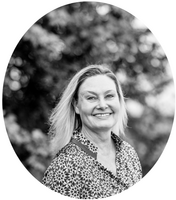
Anne-Mette Sørensen Langvad, CEO at Klimafonden Skive. |
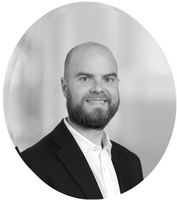
Mikael Wraae Valsted Head of Danish Industry Biosolutions at |

|
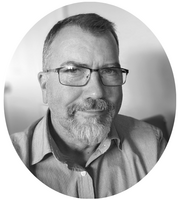
David Bryant, Senior Research Fellow at IBERS |

Lars Villadsgaard Toft, Chief consultant and manager at |

Andrea Kruse, Professor, Institute of Agricultural Engineering, at |
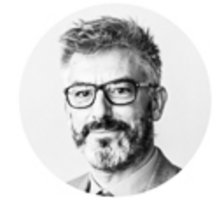
Brecht Vanlerberghe, Chief Research & Innovation Officer at What´s Cooking, TerBeke |